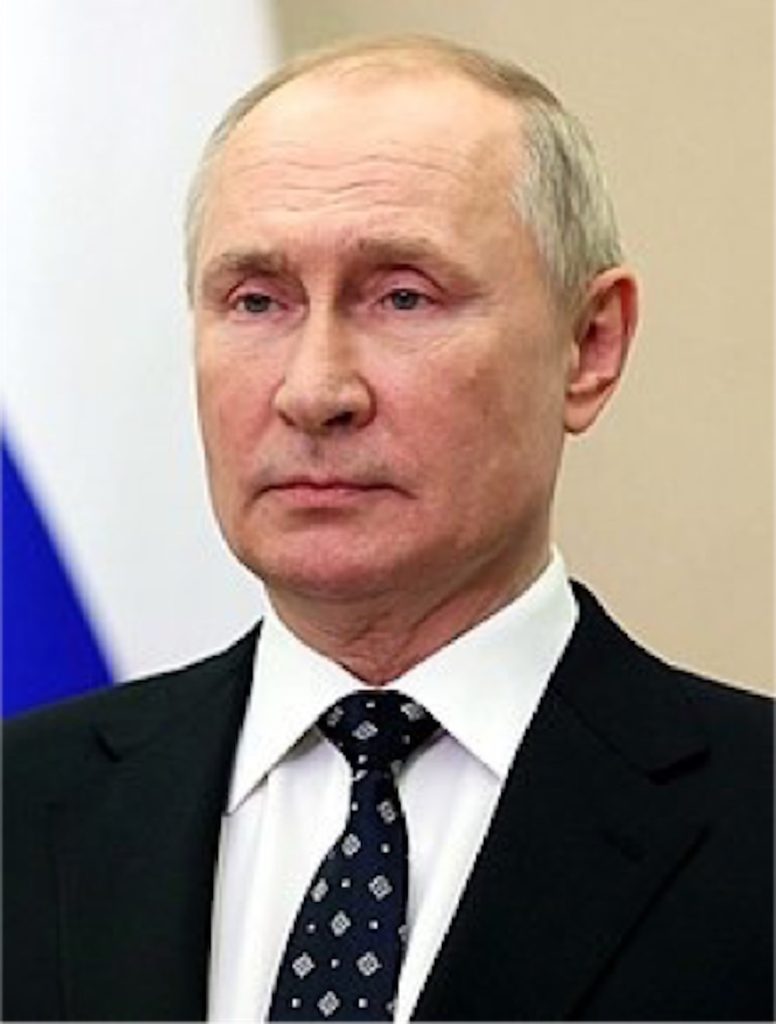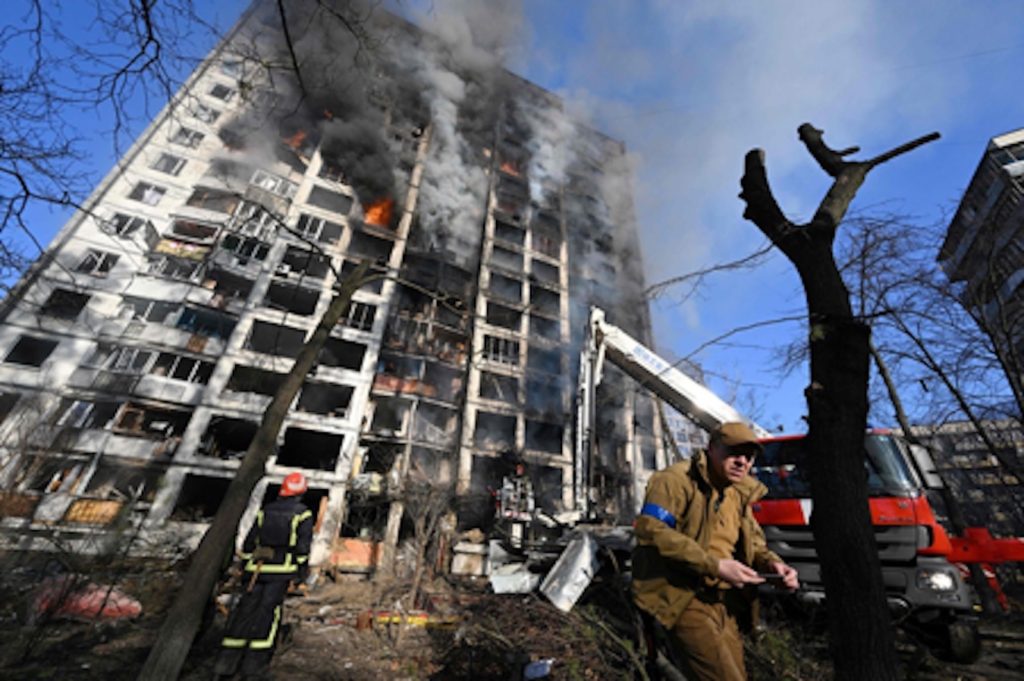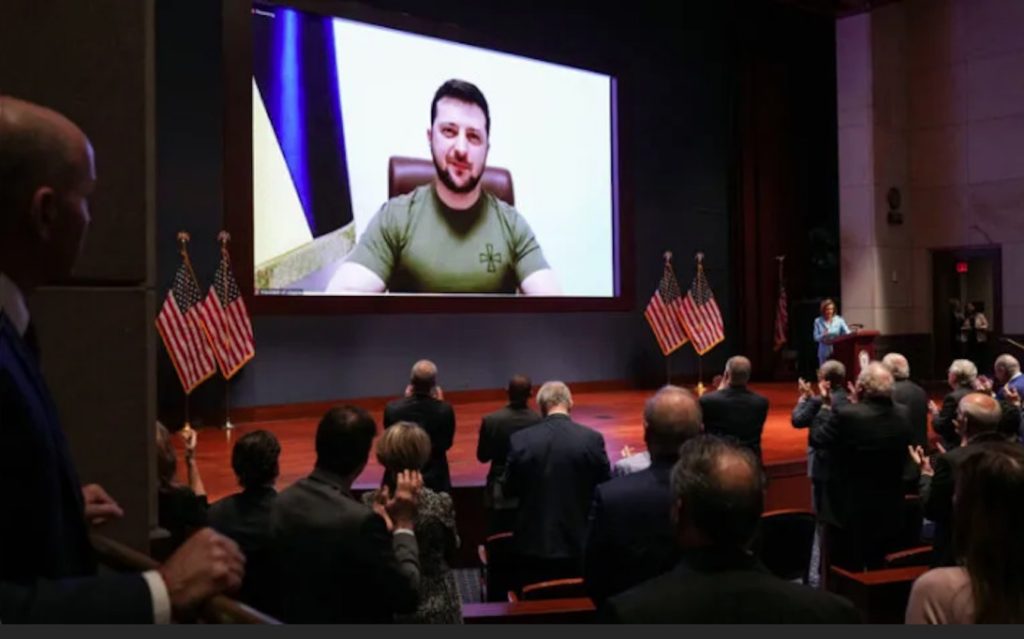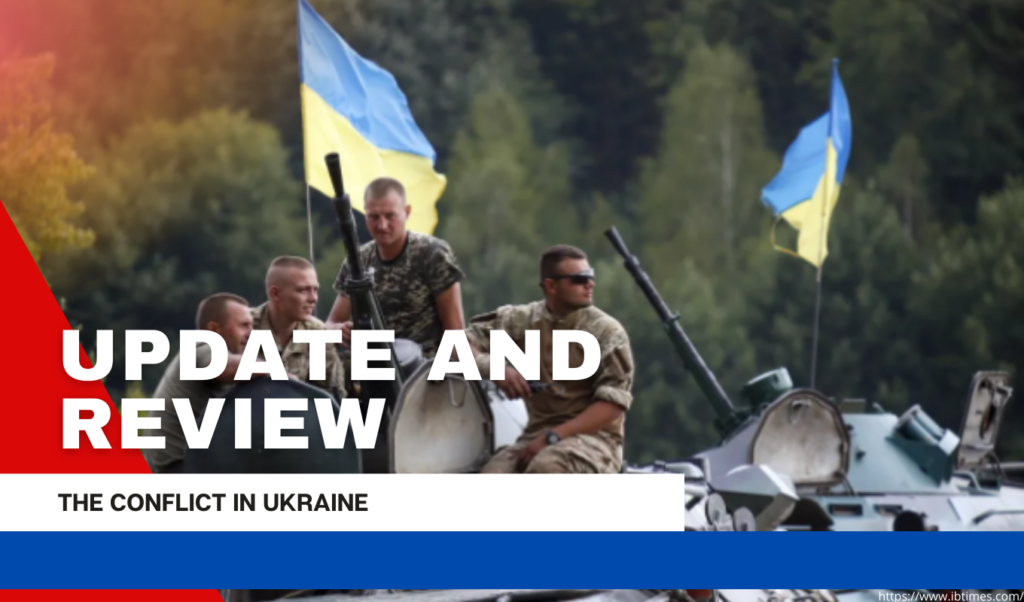Putin Has Secured His Position As President of Russia Until 2036.
“Under Putin’s leadership, Russia has experienced democratic backsliding and shifted to authoritarianism…
Putin’s rule has been characterized by: Endemic corruption, the jailing and repression of political opponents, the intimidation and suppression of media freedom in Russia, and lack of free and fair elections.”
Who is Vladimir Putin?
Vladimir Vladimirovich Putin, born 7 October 1952, has led Russia for over 20 years. He is a Russian politician and former intelligence officer who is the president of Russia, a position he has filled since 2012, and previously from 2000 until 2008. He was also the prime minister from 1999 to 2000, and again from 2008 to 2012.
Putin is the second-longest current serving president of a Eurasian nation after Alexander Lukashenko of Belarus.
Putin was born in Leningrad, now Saint Petersburg, and studied law at Leningrad State University, graduating in 1975.
He worked as a KGB foreign intelligence officer for 16 years, rising to the rank of lieutenant colonel, before resigning in 1991 to begin a political career in Saint Petersburg.
He moved to Moscow in 1996 to join the administration of President Boris Yeltsin. He briefly served as director of the Federal Security Service (FSB) and secretary of the Security Council, before being appointed as prime minister in August 1999.
After the resignation of Yeltsin, Putin became acting president, and less than four months later was elected outright to his first term as president and was re-elected in 2004.
As he was then constitutionally limited to two consecutive terms as president, Putin served as prime minister again from 2008 to 2012 under Dmitry Medvedev and returned to the presidency in 2012 in an election marred by allegations of fraud and protests. He was re-elected again in 2018.
In April 2021, following a referendum, he signed into law constitutional amendments including one that would allow him to run for re-election twice more, potentially extending his presidency to 2036.
During Putin’s first tenure as president, the Russian economy grew for eight consecutive years, with GDP measured by purchasing power increasing by 72 percent (editor’s note: this has not been ascertained).
Russian self-assessed life satisfaction rose significantly. The growth was a result of a fivefold increase in the price of oil and gas, which constitute the majority of Russian exports, recovery from the post-Communist depression and financial crisis following the dissolution of the Soviet Union, a rise in foreign investment, and prudent economic and fiscal policies.
Putin also led Russia to victory in the Second Chechen War. Serving as prime minister under Medvedev, he oversaw large-scale military reform and police reform, as well as Russia’s victory in the Russo-Georgian War.
During his third term as president, falling oil prices coupled with international sanctions imposed at the beginning of 2014 after Russia launched a military intervention in Ukraine and annexed Crimea led to GDP shrinking by 3.7 percent in 2015
During his fourth term as president, his government responded to the COVID-19 pandemic.
Military Build-up on Ukraine’s Border From 2021 to Now. Putin also presided over a military build-up on the border of Ukraine from 2021 to February 2022, when he ordered a full-scale invasion of Ukraine, leading to international condemnation and further sanctions being imposed against Russia, including against Putin himself, causing a financial crisis.
Other developments under Putin have included the construction of oil and gas pipelines, the restoration of the satellite navigation system GLONASS, and the building of infrastructure for international events such as the 2014 Winter Olympics in Sochi and the 2018 FIFA World Cup.
Democratic Backsliding and Shift to Authoritarianship.
Under Putin’s leadership, Russia has experienced democratic backsliding and shifted to authoritarianism. Putin’s rule has been characterized by endemic corruption, the jailing and repression of political opponents, the intimidation and suppression of media freedom in Russia, and a lack of free and fair elections.
Putin’s Russia has scored poorly on Transparency International’s Corruption Perceptions Index, the Economist Intelligence Unit’s Democracy Index, and Freedom House’s Freedom in the World index.
(Editor’s Note: Much of the information for this report was secured from Wikipedia.org)




